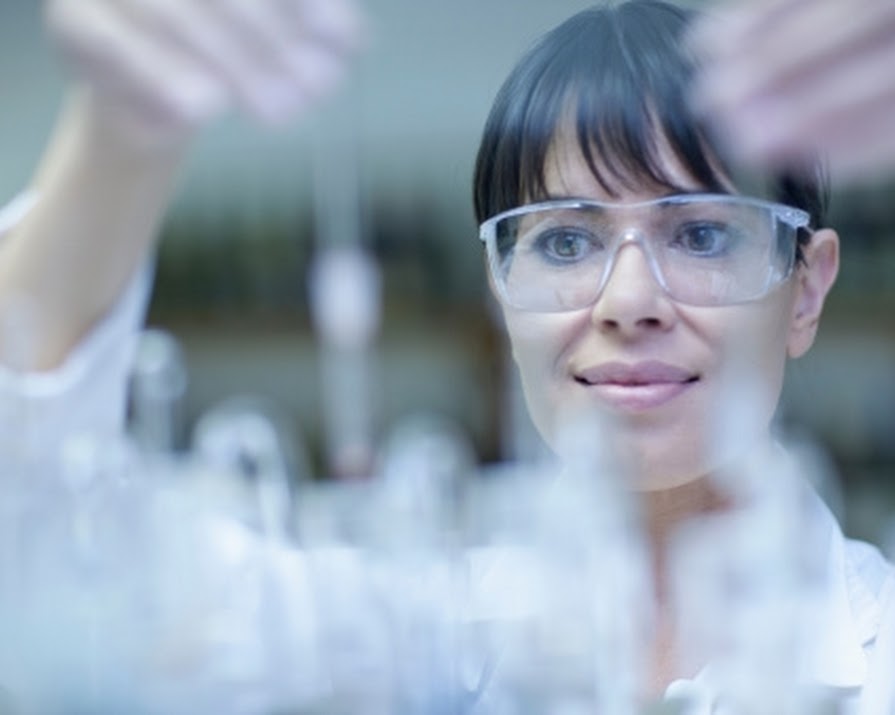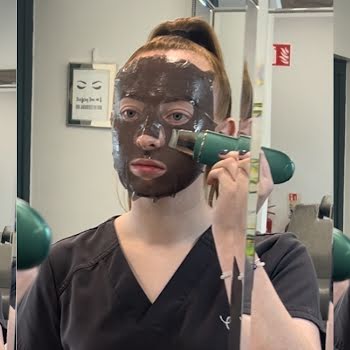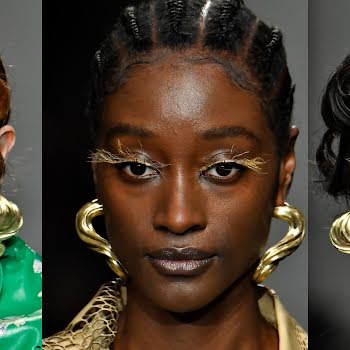
By Jeanne Sutton
19th May 2015
19th May 2015
Did you know L?Oreal uses lab grown skin to test some of its beauty products? Well, now you do. And the company will be using 3D printed skin in the future to speed up the process of testing their products, Bloomberg reports.
The cosmetics giant and Organovo, a bio-technology startup, have teamed up to revoluntise the product testing business by embracing the possibility of 3D printing. A few weeks ago we saw how high-end leather is being grown in labs, so it makes sense to see the biotech world move in this direction.
The company has actually been growing skin for decades, starting the practice in the 1980s in a bid to avoid animal testing. A lab, called a skin farm in some reports in Lyon France grows 100,000 skin samples annually and employs about 60 scientists on site. The initial skin samples for this lab are sourced from plastic surgery patients, where their skin cells are broken down and grown in trays after being fed a special diet in conditions similar to that real-life skin thrives in. It takes a week for a small sample, on average 0.5 centimeter in size and 1 millimetre thick, to develop.
The benefits of a 3D printing process means this very timely process will be dramatically sped up. The human skin Organova 3D prints is ideal for testing the toxicity and efficacy of products. Organova already had a steady reputation in the pharmaceutical industry, working with companies to print liver and kidney tissues.
The BBC report into the news interviewed industry insiders about this endeavour, with many saying how the potential for this 3D printed skin project could lead to treatment for burns victims.
Follow Jeanne Sutton on Twitter @jeannedesutun
LOVE this? Why not have IMAGE delivered directly to your door each month? Check out this month’s offer here.























